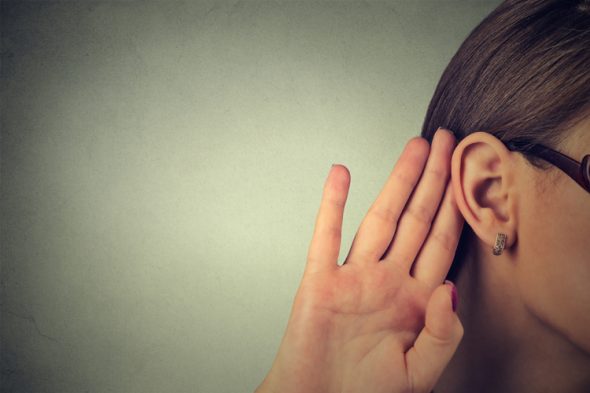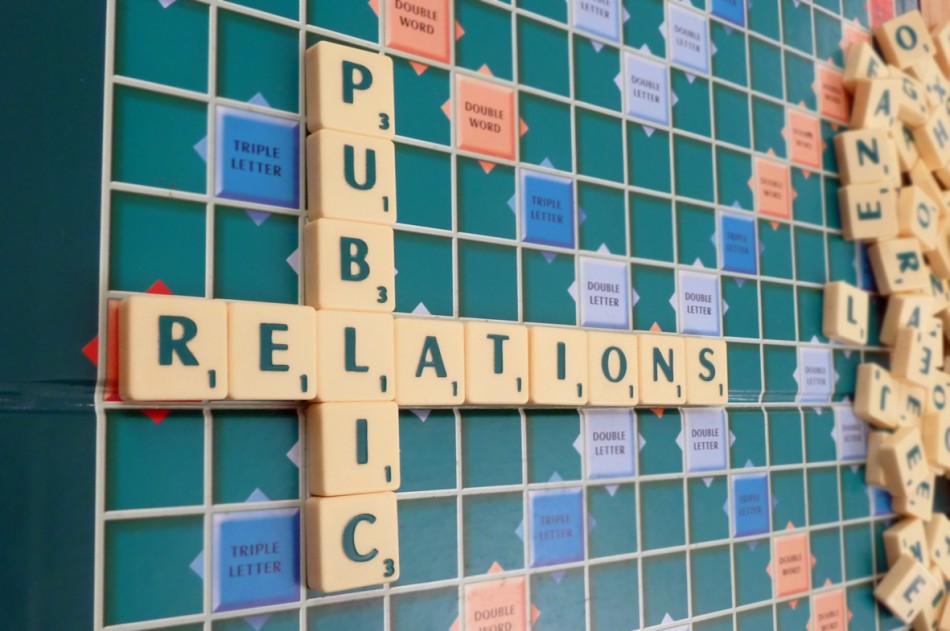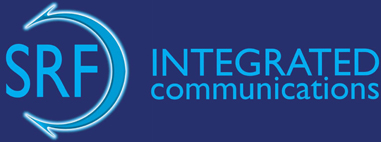
Active listening is a technique that is used by counsellors, trainers, and professionals involved in solving disputes or conflicts. Listeners must fully concentrate, understand, respond and then remember what is being said. It is a powerful skill which can be extremely useful in PR.
Why it is important?
Your PR is your mouthpiece, telling your story so it needs to be right first time. Listening maintains dignity and respect of others, even when there is no agreement. Genuine listening is morally required. Listening is an ethical act because it recognises the equality and rationality of free moral agents, that is, clients, stakeholders, and publics. It levels the playing field in terms of balancing power differentials and offers an opportunity for genuine dialogue.
Here we give some tips that can help you and your PR team communicate better with each other, with journalists and with you.
How we can listen better
Be present. Even without the modern distractions of phones, tablets and laptops, people can easily not focus on the moment or the person in front of them. Crucially that person is likely to know you are not listening and feel ignored. Meetings can be much more efficient, saving time by avoiding repetition and miscommunication, and giving you the chance to interpret the unspoken cues too.
At the beginning, ask your colleague what she wants out of the conversation so that you can listen with her agenda in mind. This will help you actively listen instead of offering solutions and establishes a focus for the communication.
Acknowledge the person who is speaking with non-verbal encouragement and, if necessary, seek clarification on any specific details but keep to the subject and do not add your own story until it can add to the meeting.
Ask open-ended questions or statements, such as “Can you tell me more about…”, “Would you elaborate on…” and “I’m curious about….” These will deepen your colleague’s and your understanding of the situation and produce better solutions.
Demonstrate that you’ve heard him. If you can, take notes and confirm with your colleague that you heard everything correctly. Reviewing your notes at the end of the conversation can remind the speaker of something more he wants to add.
 The purpose of PR is to provide clear communication and the best communication is achieved with active listening. By listening first, we understand the issues involved, we focus on the questions asked by the media and we hear what the client is saying. From this activity we can then apply our skills to crafting communication which addresses those issues, answering the media’s questions and conveys the client’s key messages.
The purpose of PR is to provide clear communication and the best communication is achieved with active listening. By listening first, we understand the issues involved, we focus on the questions asked by the media and we hear what the client is saying. From this activity we can then apply our skills to crafting communication which addresses those issues, answering the media’s questions and conveys the client’s key messages.
If you want experienced listeners as part of your PR team get in touch here.
